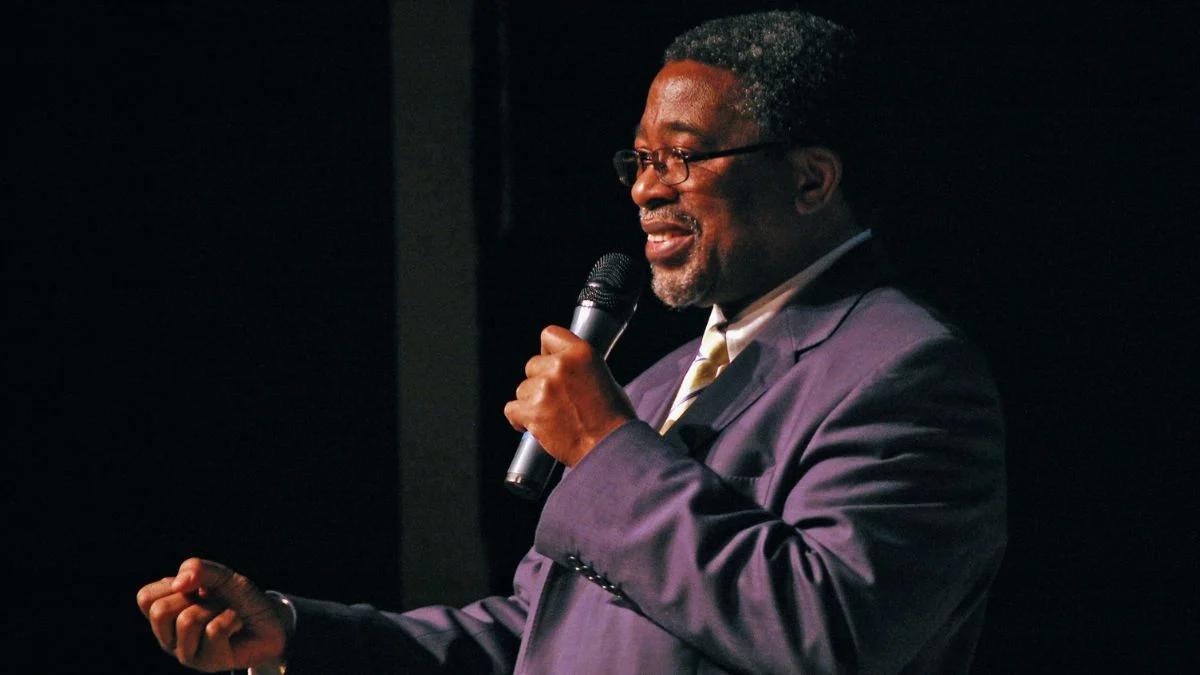Seth Thorne
Africa-Press – South-Africa. BusinessTech sat down with political economist, author, and chairman of the South African Institute of International Affairs, Moeletsi Mbeki, for a wide-ranging interview about the country’s political and economic direction.
Mbeki offered his views on the effectiveness of current government policies and the broader issues affecting the country and outlined what he believes needs to change to improve governance, stimulate growth, and ensure long-term stability.
In the interview, he discusses the compounding factors that saw the African National Congress (ANC) lose its three-decade-long majority in the 2024 national election.
He said the ANC’s powerful slogan, “a better life for all,” initially resonated deeply with the electorate, leading to nearly 70% of the vote at one stage.
However he said that the party subsequently prioritised its core constituency—the African middle class—through policies like Black Economic Empowerment (BEE), preferential procurement, a large public sector and employment equity.
Mbeki argues that this focus on the African middle class, who became largely employed in the public service and saw their living standards rise, alienated many in urban African working class and the rural poor, who felt their interests were not being advanced.
A major focus of the conversation is his critique of BEE, saying that rather than fostering broad-based economic transformation, it primarily benefits a narrow political elite, potentially discouraging innovation and entrepreneurship.
Compounded with the corruption scandals, ANC voters gradually ceased voting for the party.
Following the election in 2024, the ANC formed a Government of National Unity (GNU) with the Democratic Alliance (DA) and several other smaller parties.
Mbeki offered a sharp critique of this coalition, describing it as “the ANC in drag”. He argues that despite the DA’s inclusion, the fundamental policies favouring the African middle class have not changed.
While the DA used its leverage to ensure the reelection of key parliamentary figures, Mbeki suggests that it has thus far failed to bring about any significant policy shifts.
He also offered a sharp perspective on South Africa’s political economy, raising questions about who truly holds power and how that power is used.
He argues that political influence is concentrated in the hands of the African middle class.
But this dynamic may be contributing to unsustainable public sector spending and stagnating economic growth.
Drawing on themes from his book Architects of Poverty, Mbeki contrasts South Africa’s development path with that of certain Asian countries, pointing to stark differences in how elites approach growth, education, and public welfare.
Mbeki also casts doubt on whether the current political arrangement—the GNU—can deliver meaningful reform.
He hints at possible policy shifts that could jumpstart investment, but questions whether the political will exists to make them happen.
He called for the emergence of a new generation of entrepreneurs who can reshape the economy from the ground up.
Source: businesstech
For More News And Analysis About South-Africa Follow Africa-Press






